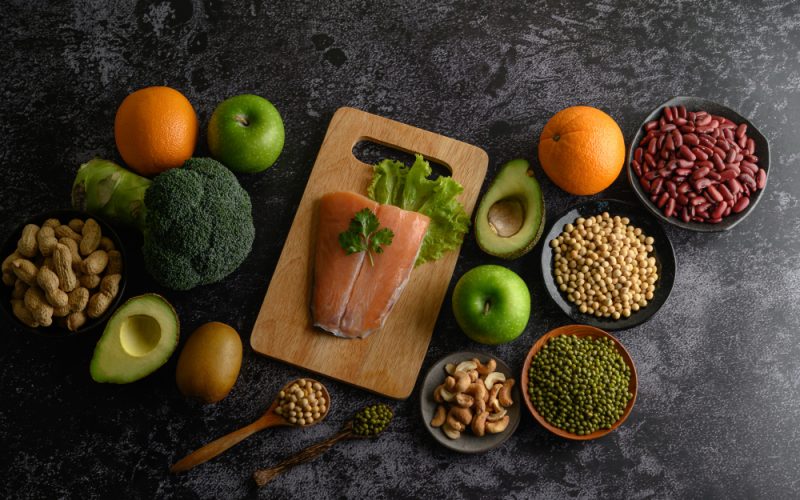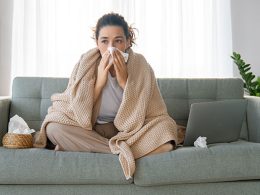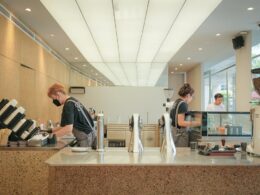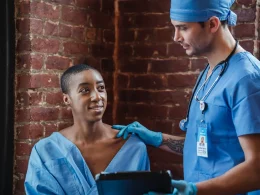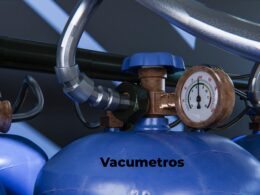If you’re suffering from varicose veins, you know that it can be a painful, frustrating condition. But with the right varicose vein treatment in Melbourne, you can return to living your best life. You can talk with a vascular surgeon in Melbourne about your treatment options.
However, there are also some foods that you should avoid and others that you should eat more of if you want to reduce the appearance of your varicose veins.
That is because the quality of our body’s blood circulation is directly impacted by the foods we eat. Those who suffer from varicose veins should take extra care to eat well and avoid certain foods known to cause inflammation in your body.
A healthy diet is linked to a healthy venous system, and a healthy venous system is linked to a healthy life.
In this blog post, we’ll examine some foods and explain why they’re good or bad for your veins.
Importance of Diet for Varicose Veins
Varicose veins are a common problem for many people. They often appear bulging, twisted veins on the legs and can cause pain, swelling, and itching. Varicose veins are caused by a combination of factors, including genetics, age, hormonal changes, and lifestyle.
It’s important to understand that diet doesn’t treat varicose veins, but it does play an important role in helping to prevent them from getting worse. If you already have varicose veins, then altering your diet may help reduce their appearance as well as help you feel better overall.
While a balanced diet won’t be enough to eliminate or prevent varicose veins on its own, it may assist with circulation, blood vessel pressure, and vein strength.
Many people with varicose veins have found relief by adhering to certain dietary guidelines.
An omega-3 fatty acid, antioxidant, and essential nutrient-rich diet are ideal for vein health. When it comes to preventing varicose veins and maintaining vein health, the most important nutrients are:
- Fiber
- Flavonoids
- Potassium
- Rutin
- Niacin (Vitamin B3)
- Vitamin E
- Vitamin C
Top Foods to Eat If You Have Varicose Veins
The buildup of blood in your veins, known as varicose veins, can be extremely uncomfortable, resulting in localised irritation and pain. The following is a list of some of the dietary adjustments that you may make to improve your health:
Green Leafy Vegetables
Green leafy vegetables contain iron and other nutrients that promote good circulation and healthy blood flow. They also contain flavonoids and antioxidants that help prevent inflammation and protect against oxidative damage caused by free radicals. These include kale, spinach, Swiss chard, and collard greens.
Berries
Berries like blueberries and strawberries are rich in vitamin C and anthocyanins, which have antioxidant properties that can help prevent oxidative damage caused by free radicals. The vitamin C in berries helps support collagen production, which makes up a significant portion of the walls of blood vessels. This helps keep blood vessels elastic even as they age over time.
Beans and Legumes
All legumes contain good amounts of fibre, which helps keep the digestive system moving smoothly and efficiently, preventing constipation and hemorrhoids. Beans are also rich in protein, which helps promote muscle growth and prevent muscle loss caused by inactivity or injury.
Nuts and Seeds
Eat more raw nuts and seeds since they include niacin and vitamin B3, which improve blood circulation. Foods high in omega-3 fatty acids and fibre include hemp, sunflower, flax, and chia seeds.
Anti-inflammatory proteins found in abundance in these foods aid in the elimination of cholesterol and the improvement of blood flow.
Cinnamon
Cinnamon is a great source of fibre and manganese, both of which are essential for healthy blood flow and the prevention of varicose veins.
Avocados
The anti-inflammatory vitamin C and the natural blood thinner vitamin E found in avocados do wonders for vein health. Glutathione is abundant in these foods and helps keep your veins safe from oxidative stress.
Foods to Avoid If You Suffer from Varicose Veins
It’s important to avoid certain foods when you have varicose veins. Doing so will help prevent further damage to your veins and help ensure that your condition doesn’t worsen. The following foods should be avoided:
Red Meat
Red meat is high in saturated fat, which can cause inflammation. Varicose veins are a type of inflammation that can lead to serious health problems like heart disease or strokes. Since red meat is also high in cholesterol, limiting your consumption of beef, lamb, and pork products is best when suffering from varicose veins.
Salt
Salt causes fluid retention in your body, which can contribute to varicose veins forming in the first place. It also increases blood pressure which increases the risk of developing varicose veins even further. Reduce your salt intake by eating fresh foods rather than canned or processed foods, which often contain high sodium levels.
Alcohol
Alcohol can cause dehydration which can lead to additional swelling in your legs due to increased blood flow through your veins. It also increases your risk of developing spider veins which look similar but smaller than varicose veins.
Sugar-rich foods
Sugary foods are the worst thing you can eat if you have varicose veins. The high sugar levels in these foods will make your body retain more water and cause even more swelling in your legs.
Deep fried foods
Fried food is not precisely healthy because it is hard to digest, has a low nutrient density, and is high in fat and cholesterol. You should stay away from them until your varicose veins improve.
Caffeine-rich drinks
Caffeine-rich drinks can cause your blood vessels to constrict, which could lead to varicose veins if consumed in large amounts over a long period.
Takeaway
Changes in nutrition may help minimise the chance of developing varicose veins or alleviate the symptoms of already-present varicosities. The foods you eat can have a significant impact on your overall health. Therefore, you must pay attention to what you eat and ensure your diet is balanced and healthy.
But it’s important to remember that a healthy diet probably won’t be enough to eliminate varicose veins on its own; you may need to seek additional treatment alternatives as well. If you have concerns about varicose veins, it’s best to consult a vascular surgeon in Melbourne for personalised guidance and treatment options.

